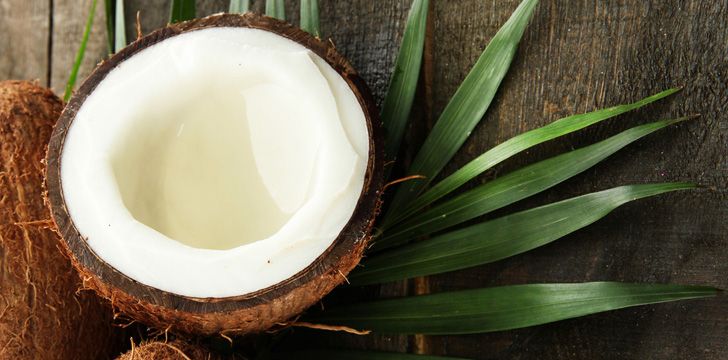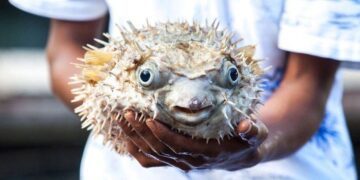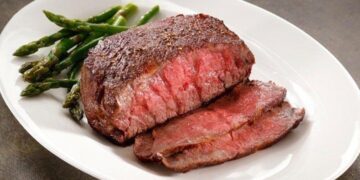We all know the lyric and phrase “you put the lime in the coconut and mix it all up” from the smash hit song Coconut by Harry Nilsson, but how much do you know about the island staple?
Here we’re going to look at 24 captivating facts about coconuts.
The name coconut is actually a combination of nut, and the Portuguese word coco, after the face-like image the shell has with the 3 holes.
Coconut grenades were a weapon used in World War II by the Japanese in which a coconut was filled with items most importantly a grenade, and then thrown at the enemy.
In April 2007 the largest coconut ensemble was held with 5,877 people in London. They played it to the Monty Python hit “Always Look on the Bright Side of Life“.
In 2011, Ho Eng Hui managed to pierce 4 coconuts in 12.15 seconds in Milan to set a world record.
People have actually used coconut fibers over the centuries to construct robust armor. This includes the natives of the Kiribati islands, who used woven coconut string to build their suits.
Coconuts, in different forms, are anti-viral, anti-fungal, anti-bacterial and anti-parasite.
On average, three and a half cups of coconut equates to 1 tbsp (25 grams) of Fiber. This is the recommended daily amount of fiber an adult should have.
The slogan for Mounds, a U.S. coconut chocolate bar, was created during a contest of which the winner won a staggering $10.
The coconut palm is actually the national tree of The Maldives
In 2016 there were over 59 million tons of coconuts produced worldwide.
Falling coconuts cause death, although only a small amount. 2.5% of injuries in Papua New Guinea Provincial Hospital were reported as caused by falling coconuts. A very small number of those killed the patient.
Coconut water on average contains 94% water with around 46 calories a cup.
A coconut tree can have up to 180 coconuts harvested during a single harvest.
The coconut tree is botanically named Cocus Nucifera and they can grow up to 82 feet (25 meters) high.
In 2013 police in the Maldives took possession of a coconut due to a belief that it had been cursed with black magic.
Just like mangoes, cashews and cherries, the coconut is actually a drupe and not a nut. The drupe is an item that has a fleshy outer around a pit.
During World War 2, coconut water was said to be used to treat dehydration due to short medical supplies.
The largest producers of coconuts are Indonesia, the Philippines, and India.
In a U.K. poll, Bounty a chocolate & coconut bar – seemingly disliked by many – was actually voted as one of Britain’s top 3 favorite candy bars.
The coconut bra, famous for being a feature of the Hawaiian hula girl, is actually not native to Hawaii. The garment is a western idea that is not an authentic Hawaiian item.
The husk of a coconut can actually be burnt to act as a natural mosquito repellent, a process used in many countries around the world.
The fairground pastime of coconut shy, a game consisting of stacked coconuts and balls to knock them down, has photographic evidence of it being played as early as 1890.
Researchers are investigating whether coconut husks can be used as a low cost solution to building material in the Philippines.
Coconut oil has swept the beauty world with so many celebrities and iconic figures swearing by it including Eva Mendes and Priyanka Chopra.

So there we have it, 24 facts about the coconut, from the world’s largest producers to the medicinal wonders of this fantastic fruit.
It seems most people could benefit from a little more coconut in their life, and if you need a speedy boost or a cure for your hangover, the coconut could be the answer.


















